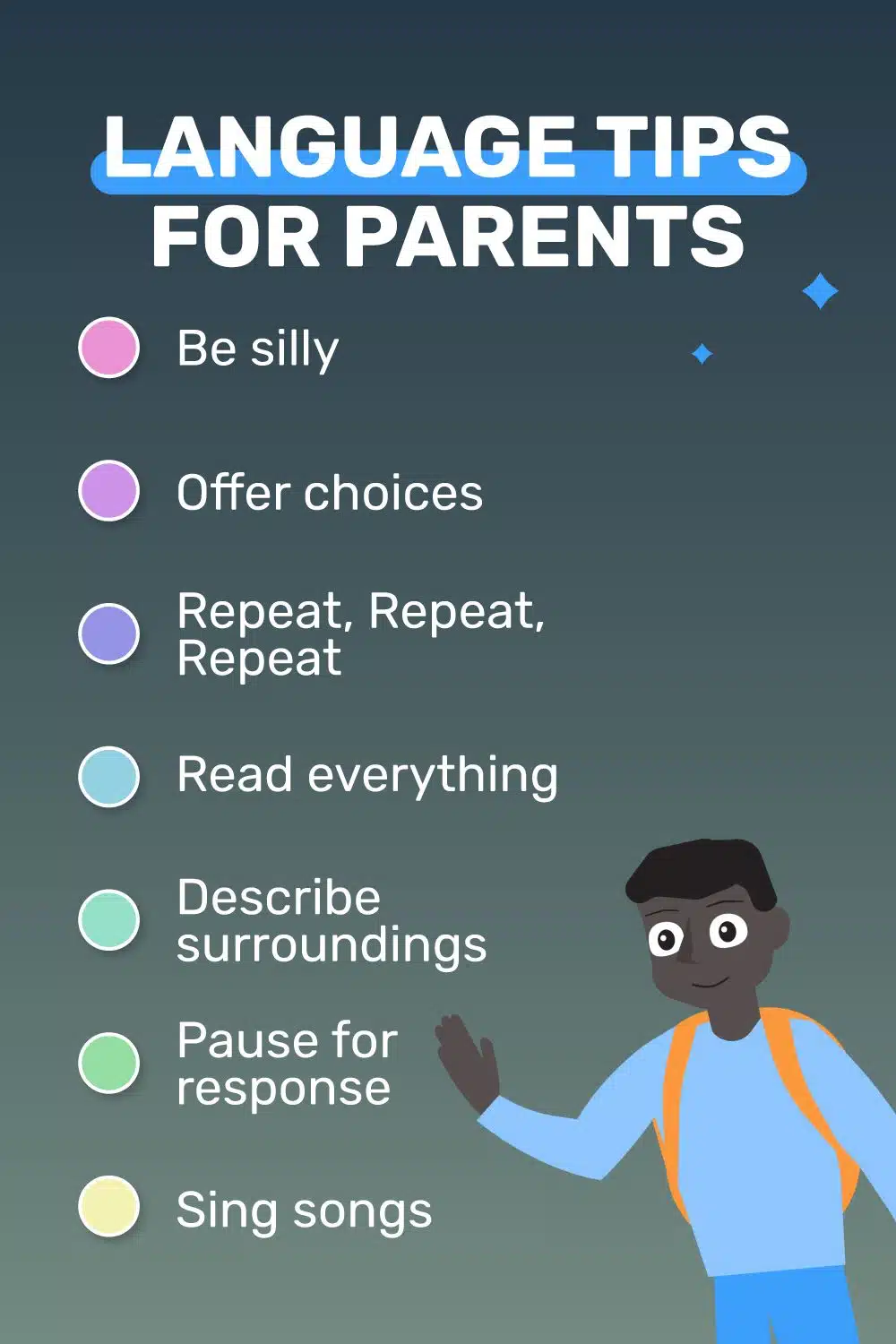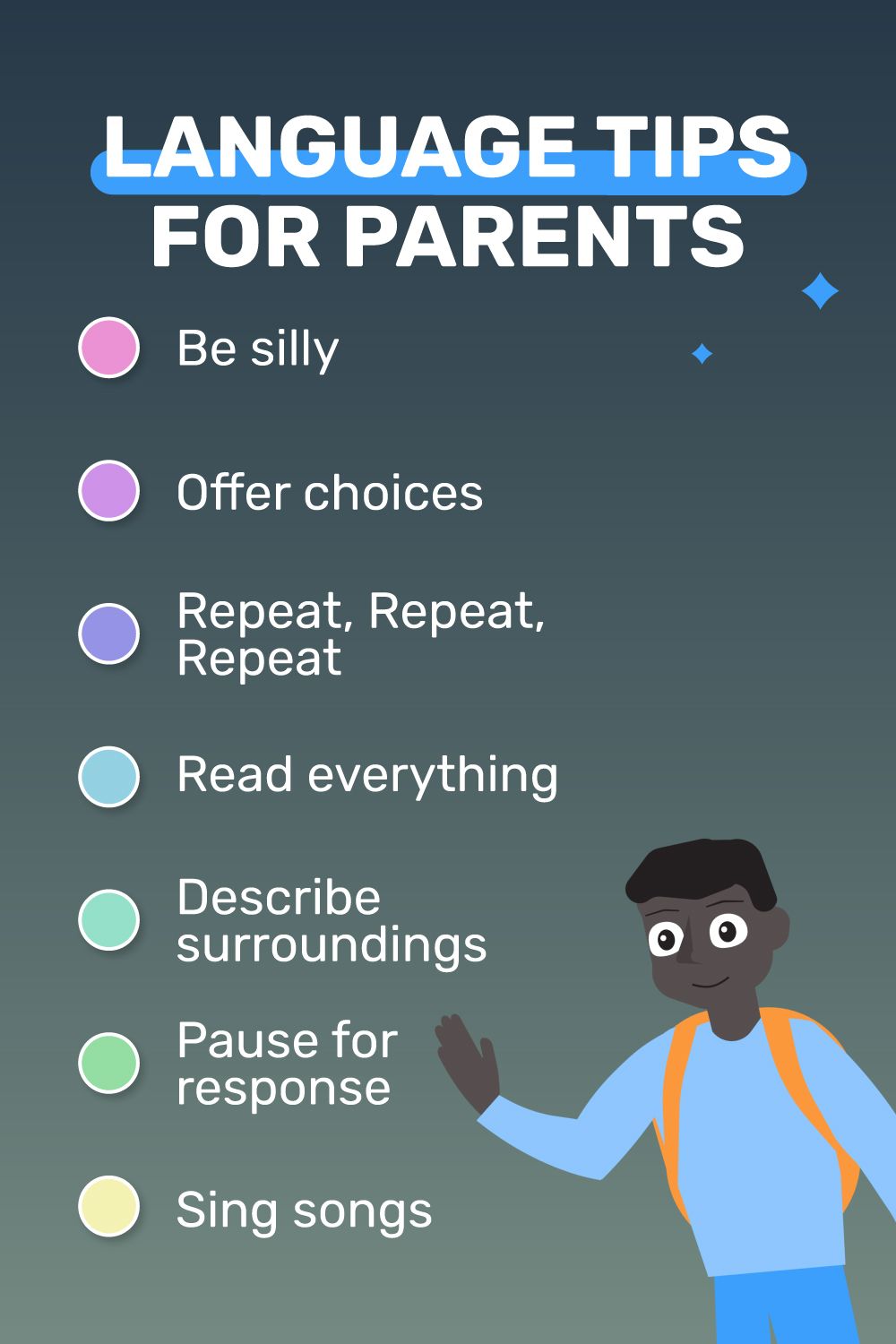Cognitive Academic Language Proficiency (CALP) is the capacity to comprehend and utilize advanced language skills within an academic context. It encompasses the mastery of vocabulary, grammar, and discourse structures essential for effective learning and communication in an educational environment, emphasizing language demands specific to academic success. CALP extends beyond everyday conversation and involves grasping and conveying ideas, concepts, and information in subjects like math, science, social studies, and language arts, encompassing higher-level thinking, critical analysis, and the utilization of more advanced written and spoken language.














